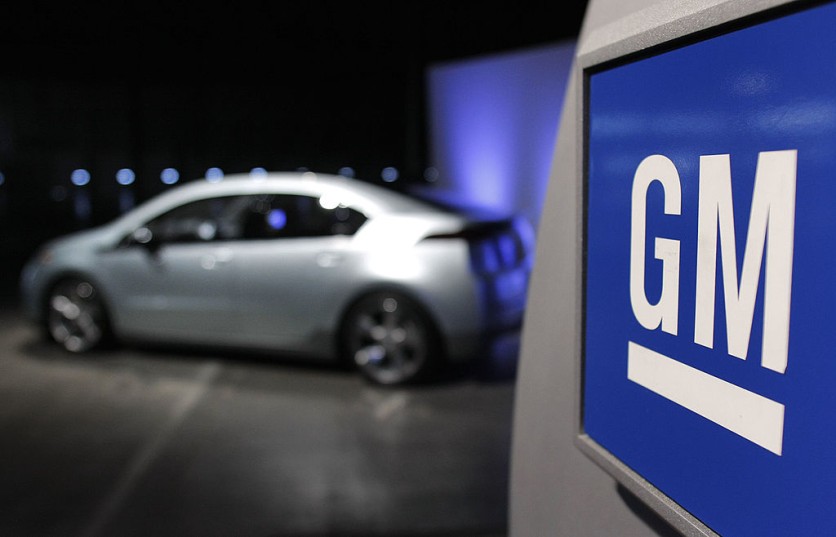
Future electric cars from General Motors (GM) will use in-built infotainment systems co-created by Google.
In a report by Reuters, the automaker plans to ditch the already popular Apple CarPlay and Android Auto, which allow drivers to bypass a vehicle's entertainment systems. Both the Apple CarPlay and Android Auto technologies enable drivers to project their phones' displays onto the car's dashboard screen.
Collab With Google
GM's move to discontinue supporting such technologies in future electric vehicles (EVs), beginning with the 2024 Chevrolet Blazer, may allow the company to collect more information about how customers drive and charge such cars.
In order to build the best possible navigation and infotainment systems for future EVs, GM is working closely with Alphabet's Google.
Apple has lost ground to Google in its battle for dominance of car dashboards in North America with the decision to discontinue support for the CarPlay smartphone projection system. In the past, Chevrolet, a division of GM, has claimed to have the largest selection of vehicles available with smartphone integration systems like CarPlay and Android Auto.
Since 2019, GM has reportedly collaborated with Google on the software underpinnings for infotainment systems that will be more closely connected with other car systems, including GM's Super Cruise driving assistance. The car manufacturer is speeding up a plan to have its EVs serve as platforms for digital subscription services.
GM is contemplating ceasing manufacturing new combustion light-duty cars by 2035.
Future Subscription Services
In an interview, Edward Kummer, GM's chief digital officer, and Mike Himche, executive director of digital cockpit experience, said that the company would benefit from focusing engineers and investment on a single approach to more tightly connecting in-vehicle infotainment and navigation with features like assisted driving.
According to what Himche told Reuters, "We have a lot of new driver assistance features coming that are more tightly coupled with navigation ... We don't want to design these features in a way that are dependent on person having a cellphone."
GM said that, for the next eight years, buyers of electric cars equipped with the new technologies would have free access to Google Maps and Google Assistant, a voice command system. GM has said that its future infotainment systems would include apps like Spotify's music service, Audible, and other services commonly used by drivers today.
"We do believe there are subscription revenue opportunities for us," Kummer added. By 2030, GM CEO Mary Barra hopes the company's subscription services will generate $20 billion to $25 billion in yearly revenue.
GM has no intentions to stop providing Apple CarPlay and Android Auto mirroring technologies in its combustion vehicles. GM assured customers that automobiles already fitted with the mirroring technology would continue to function normally.
GM also confirmed that drivers may use Bluetooth wireless connection to stay in touch with their iPhones and Androids while on the road.

ⓒ 2025 TECHTIMES.com All rights reserved. Do not reproduce without permission.




